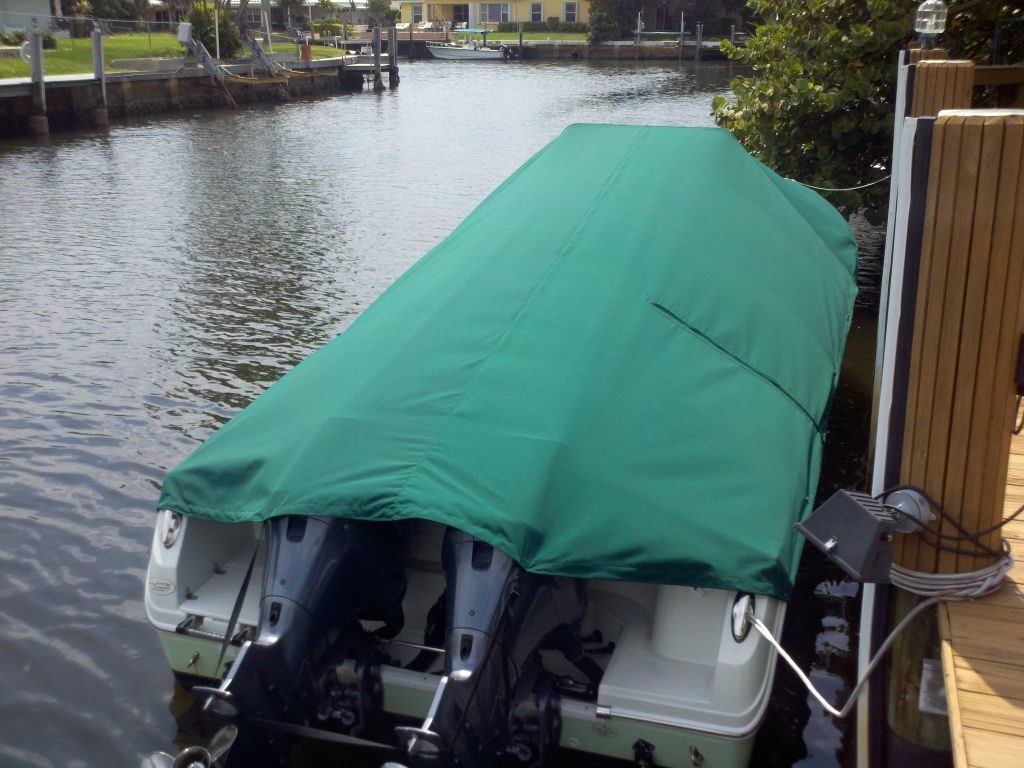A Eco-Friendly Effect of Boat Covers and Eco-Conscious Options

Vessel covers are frequently an underappreciated yet important investment for every boat enthusiast. They function not only to safeguard your boat from the environment but also to increase its duration and boost its selling price. With a variety of choices available in the market, comprehending the various kinds, substances, and features of boat covers can be challenging. This manual aims to illuminate the path to making educated decisions that protect your boat while also reflecting on the environmental impact of your actions.
As environmental consciousness becomes increasingly vital, many boat owners are exploring green options for boat covers. Choosing a cover that limits ecological damage while ensuring superior protection can greatly help not just your boat, but the Earth as well. In this piece, we will delve into critical topics such as how to choose the best cover, the various materials available, and the rationale a quality boat cover is essential. Join us as we navigate sustainable choices that correspond your maritime habits and help safeguard the world we cherish on the water.
Determining the Best Boat Cover
Choosing the best boat cover is essential for shielding your investment and ensuring your boat holds in excellent condition. Take into account the variety of boat you own, its size, and the particular climate conditions in your area. Different boat style may require a different type of cover, so it's crucial to fit the cover to your boat's needs. Whether you own a fishing boat, a pontoon, or a speedboat, knowing the different options available will enable you to make an intelligent decision.
When materials, boat covers can be constructed from canvas, polyester, or different synthetic fabrics. Canal Boat Canopy has its specific advantages and disadvantages, such as durability, water resistance, and UV protection. For example, canvas is known for its breathability and strength, while polyester commonly provides superior water resistance and lighter weight. Evaluate the features that matter most to you, such as UV protection, waterproofing, and longevity, to figure out which material will most effectively protect your boat.
In addition, consider if you need a custom or universal fit cover. Custom covers are designed to the exact dimensions of your boat, ensuring a secure fit and ideal protection. On the other hand, universal covers offer a more affordable option but may not provide the equivalent level of security against the elements. Make sure to gauge your boat properly and consider the benefits of each option to find the ideal boat cover that satisfies your needs.
Upkeep and Preservation of Boat Covers
Correct care and upkeep are essential to extend the duration of your boat cover and ensure it continues to provide the essential protection. Regularly check your cover for any signs of damage and tear, such as worn seams or small tears. Fixing minor issues promptly can prevent it from deteriorating and prolong the cover's usability. Make it a habit to wash your boat cover every season, getting rid of any grime, mildew, or marks that could deteriorate the fabric over time.
Cleaning your marine cover is straightforward, but be sure to use the right materials. Most covers can be cleaned with gentle soap and water, followed by a thorough rinse to get rid of soap residue. For stubborn stains, think about using a specialized cleaner formulated for outdoor fabrics but always stick to the manufacturer's instructions. Avoid using harsh chemicals or bleach, as these can harm the material and reduce its capability. After maintenance, let the cover dry fully before putting away it to prevent mold and mildew formation.
Finally, when storing your vessel cover, ensure it is entirely dry and free from contaminants. Neatly fold the cover tidily and keep it in a cool and dry area. To improve protection, think about using a storage bag made from breathable materials, which promotes air flow while keeping dust and pests out. These storage methods will help maintain the condition of the cover until it is needed again.
Green Alternatives for Vessel Covers
As green concerns grow, boat owners are increasingly seeking eco-friendly resources for their boat covers. Sustainable covers are generally made from recycled or organic materials, reducing the carbon footprint associated with production. Fabrics such as recycled polyester or natural cotton not only minimize environmental impact but also provide strength and protection similar to conventional materials. Choosing covers made from these eco-friendly options ensures that boat owners can preserve their investments while being mindful of nature.
In addition to fabric choices, many companies are adopting sustainable manufacturing practices. This includes using water-based adhesives and dyes, which lessen the toxic chemicals emitted during the production process. Additionally, some brands focus on local manufacturing to minimize transportation emissions. By supporting companies that prioritize sustainability, boat owners can aid in a more ethical boating industry, investing in products that create less harm to the planet.
Finally, the longevity of a boat cover is another essential factor in sustainability. High-quality covers typically to last longer, lessening the need for frequent replacements and the waste connected with discarded covers. Implementing proper care and maintenance can also extend a cover's life, making it a more sustainable choice. By choosing durable, eco-friendly options and upkeeping them well, boat owners can enjoy their time on the water while also supporting environmental health.

